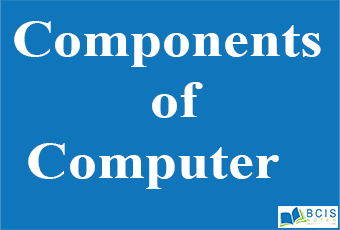
Components of Computer:
A computer can be defined as an electronic device that can store and manipulate data and provide results according to instructions fed by the user by performing arithmetic and logical operation.
Data: A raw fact, figure or a symbol.
Information: organized, meaningful and useful data.
A computer captures the input data, then manipulates it and then manages the output result as required which is known as a data processor.
The activity of processing data using a computer is called data processing.
Fundamental concepts of computer
A computer is basically a programmable machine capable to perform arithmetic and logical operations automatically and sequentially. It is also known as a data processor, as it can store, process, and retrieve data as per the wish of the user.
Components of computer
Components of IT infrastructure consist of software, data, and networks which require computer hardware for their storage and operations.
Hardware components of the computer system
- A central processing unit (CPU)
- Primary storage
- Secondary storage
- Input devices
- Output devices
- Communication devices
1.CPU
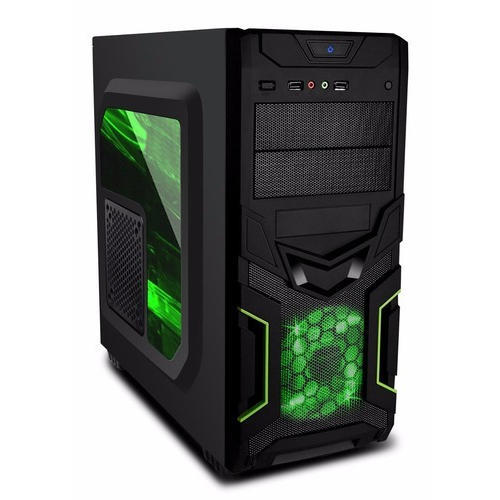
It is the brain of the computer which executes the instructions, controls the operation of all other components by reading the binary information stored in the memory and provided as input then processes the data and gives output.
2.Primary storage
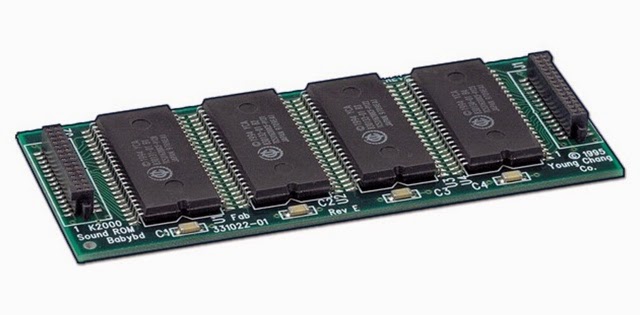
It is the main memory directly linked with CPU. it is mainly used to hold data and instructions and an intermediate result of processing, which the system is currently working on. It is volatile; loses its content when the power supply is interrupted so data stored are temporary.
3.Secondary storage
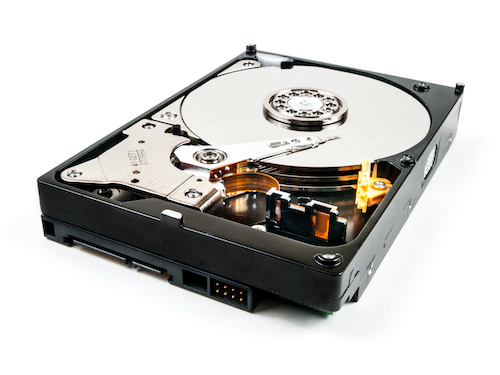
It is used to store data and programs when they are not being used in processing. These are high capacity storage devices used to store program data permanently.
4.input devices
- They gather data and convert them into electronic form for use by the computer.
- Input is the data or instructions entered into the memory of input device which is any hardware components that allows users to enter data and instructions
There are two types of input:
1.Data: unprocessed text, numbers, images, audio, and video.
2.Instructions: programs, commands, user response.
The various types of input devices are:
1. Keyboard
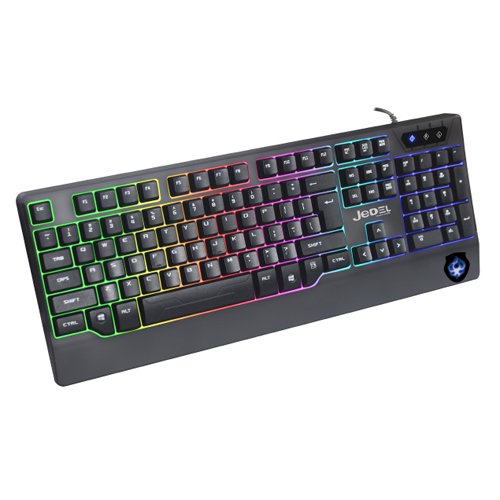
– it is the principal method of data entry for entering text and numerical data into a computer.
– it is divided into parts i.e typing area, numeric keypad, function keys, special keys that issue commands.
2. Pointing devices
a.Mouse
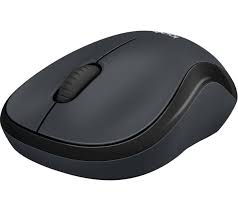
– it is a handheld device with point and click capabilities that usually connected to the computer by a cable.
– it is a pointing device that fits under the palm of a hand.
– pointing movement controls movement of pointer also called mouse pointer.
– the mechanical mouse has a rubber or metal ball on the underside
b.Trackball
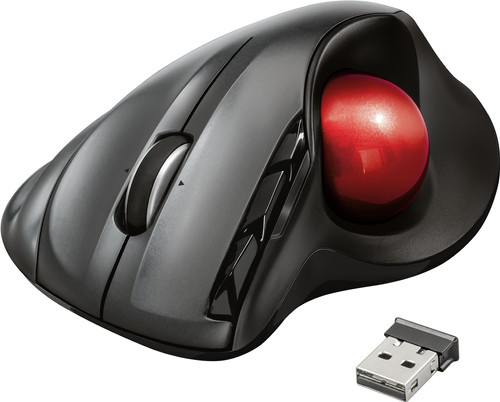
- It is a stationary pointing device with a ball on its top or side.
- To move the pointer rotate ball with thumb, fingers or palm of a hand.
c.Touchpad
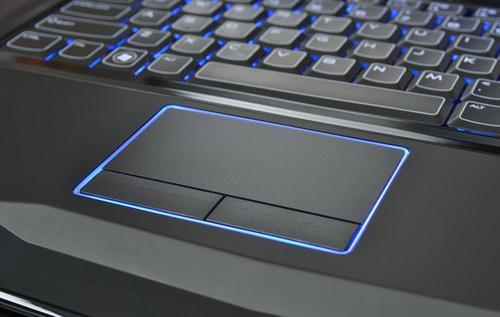
- It is a small flat rectangular pointing device, sensitive to pressure and motion.
d.Pointing stick
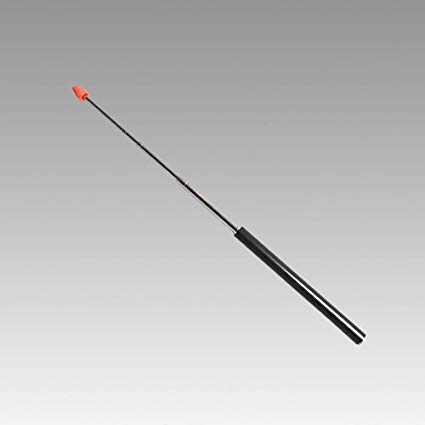
- It is pointing device shaped like pencil easer placed between keys on the keyboard.
e.Joystick
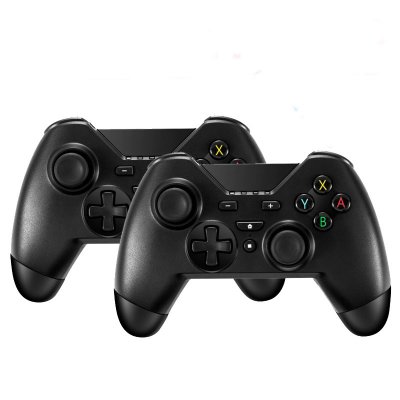
- it is a vertical lever mounted on the base.
g. lightpen
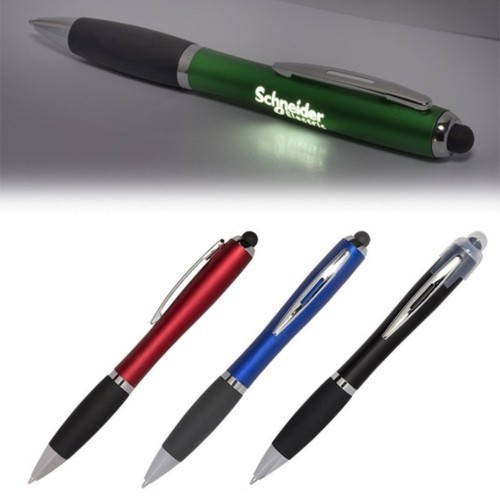
- it is a hand help input device that can detect light.
h.Touch screen
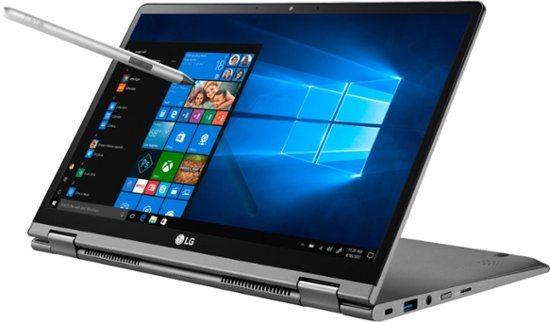
- It allows users to enter limited amounts of data by touching the surface of a sensitized video display monitor with a finger or pointer.
i.Stylus and Digital pen
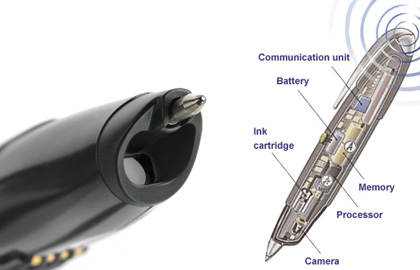
- It looks like a ballpoint pen but uses pressure to write text and draw lines.
- It is used with graphics tables and flat electronic boards.
3.voice input
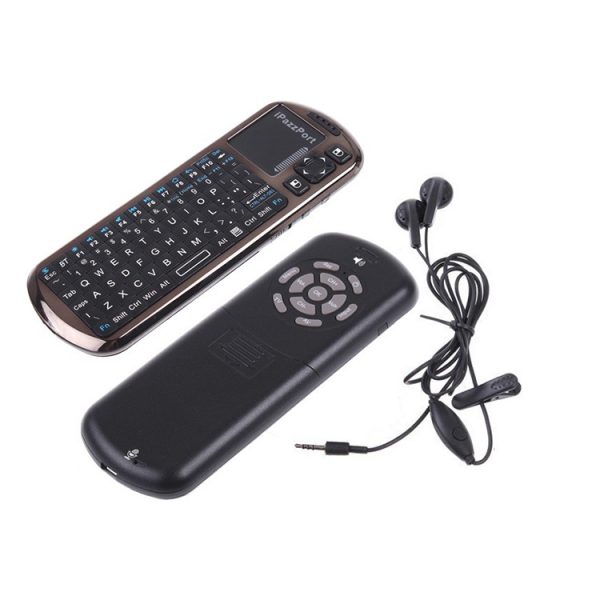
- A user dictates text into a microphone which is then converted into a computer understandable language.
- MIDI (musical instrument digital interface) is an external device such as the electronic piano keyboard used to input music and sound effects.
4.scanner
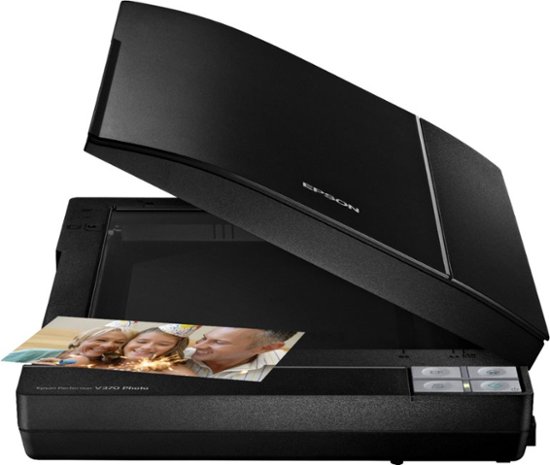
- It is a light-sensing device that reads printed text and graphics.
- It is used for image processing converting paper documents into electronic images.
5. Biometrics
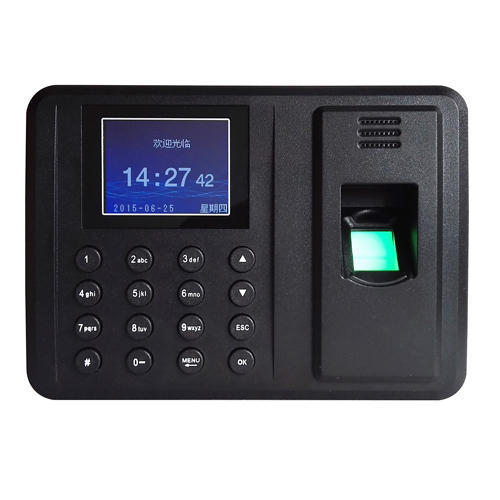
- Biometric authenticates a person’s identity by verifying personal characteristics.
- Fingerprint scanner capture curves and indentations of a fingerprint.
- The hand geometry system measures the shape and size of the person’s hand.
5.Output devices
- They display data after they have been processed.
- The output is the data that has been processed into a useful form.
- An output device is a hardware component that can convey information to users.
- An output device that visually conveys information, which is also called a soft copy.
- Monitor houses display device as separate peripheral the various types of output devices are:
1.CRT monitor
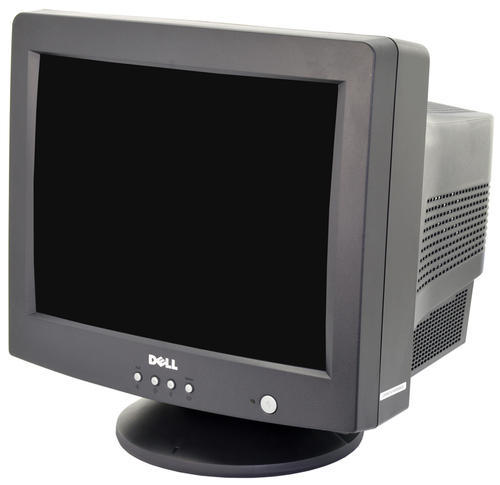
- It contains a cathode-ray tube (CRT).
- Its screen is coated with tiny dots of phosphorus material.
- Its common sizes are 15, 17, 19, 21, and 22.
2.printer
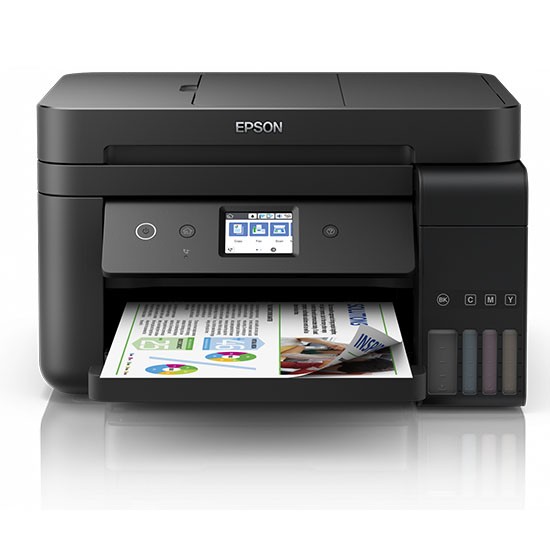
- It is an output device that produces text and graphics on paper.
- Its result is hard to copy or prints out has two orientations portraits and landscapes.
- Audio output device
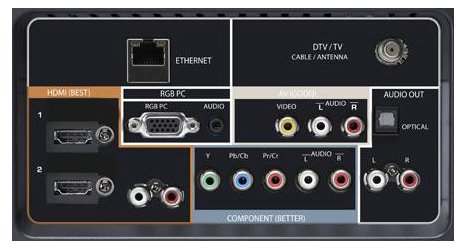
- It is a computer component that produces music, speech or other sounds.
- Speakers and headsets are common devices.
- Voice output
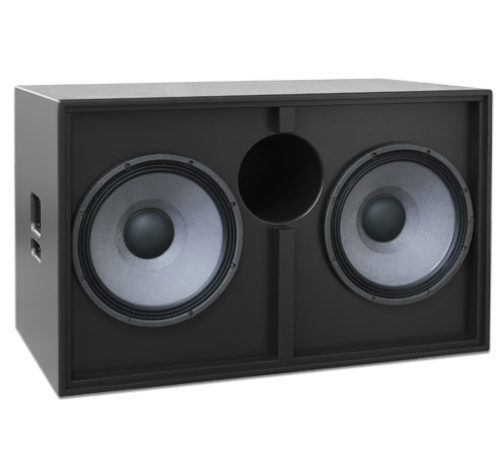
- Computer talks to a user through speakers on a computer as voice output.
- Internet telephony allows users to have a conversation over the web.
- Buses
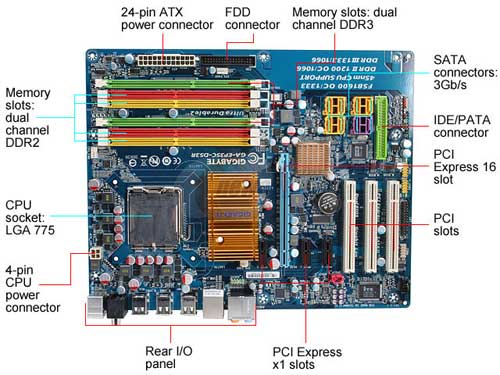
- It is a communication system that transfers data between components inside a computer or between computers.
- It is a circuitry path for transferring data and signals.
Data representation
- Numeric codes are used to understand and store data on the computer.
- All the symbols, pictures, graphics, words must be reduced to a string of binary digit for the computer to understand.
- A binary digit orbit is the smallest unit of data in computing represented by 0 (zero) or 1 (one).
- A string of eight bits used to store one number or character in a computer system is called a byte.
The CPU and primary storage
- CPU is the part of the computer system where the manipulation of symbols, numbers, and letters occurs and it controls the other parts of the computer system.
- It interprets and carries out basic instructions that operate a computer.
The processor has two main parts:
- The control unit directs and coordinates operations in a computer.
- The arithmetic logic unit (ALU) performs arithmetic, comparison, and logical operations.
You may also like Computer Peripherals
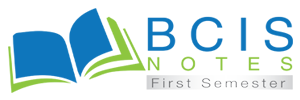
Leave a Reply